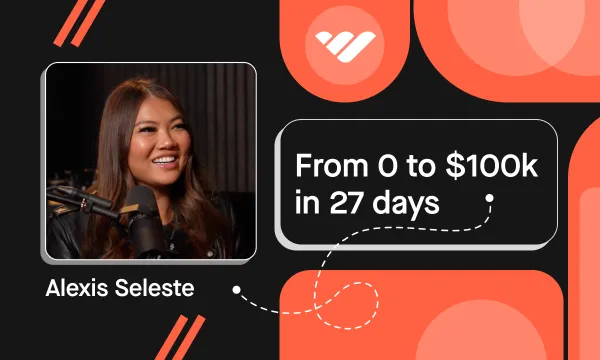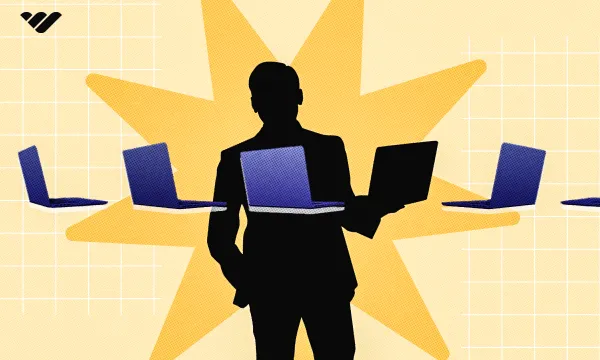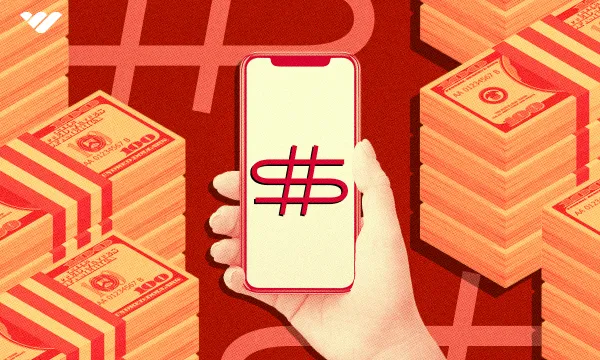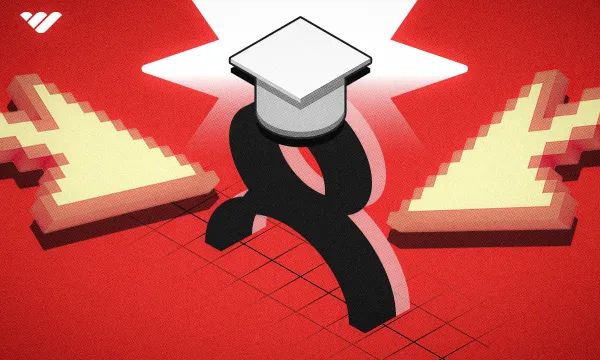27 days, or just under a month. That’s how long it took for Alexis Seleste to make her first 100k from her Whop community, Her Last Call Academy.
Let’s rewind a second: Who is Alexis? What is Her Last Call Academy? Why should you care?
As you may have seen, our head of women partnerships, Keta Bagashvili, has been interviewing some of our top female creators for her podcast.
Most recently, she sat down with remote closer Alexis Seleste to chat about high-ticket sales, the art of remote closing, and how she teaches other women to start replacing their income from their phones (with no experience).
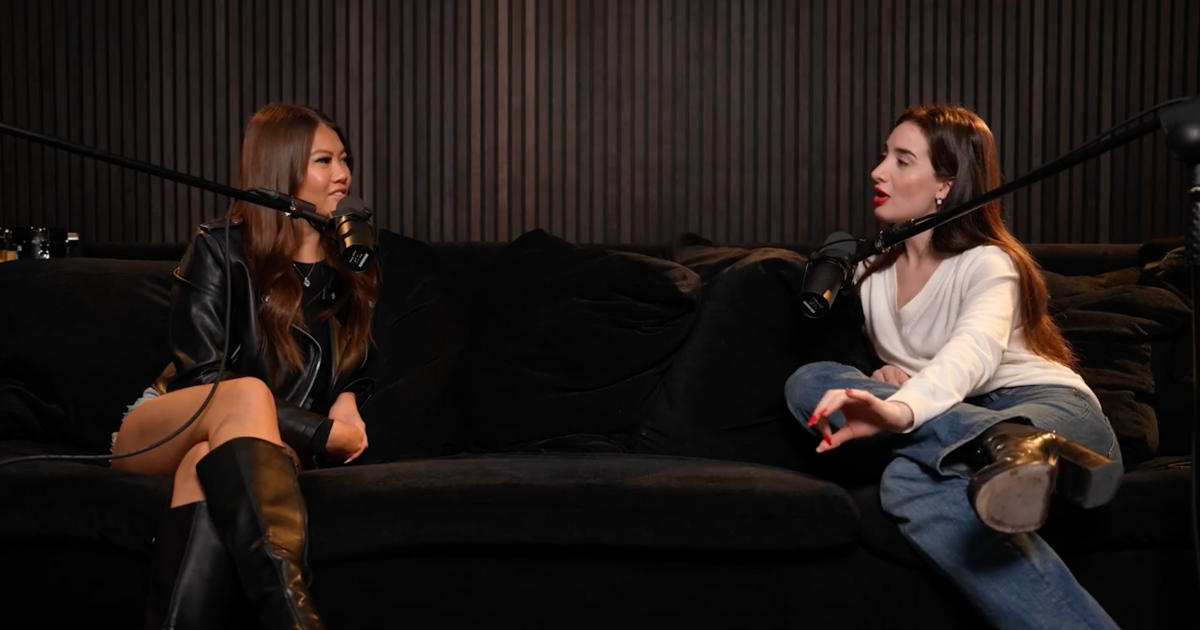
Key takeaways
- Alexis jumped into remote closing with no experience and quickly learned the ropes, showing that drive is all that’s needed to succeed.
- By building her community 'Her Last Call Academy', Alexis created a supportive space for women in sales. In just 27 days since launching her community, she raked in over $100k.
- Alexis transformed her life almost overnight, showing that freedom is only a stepping stone away (with the right resources).
What is remote closing?
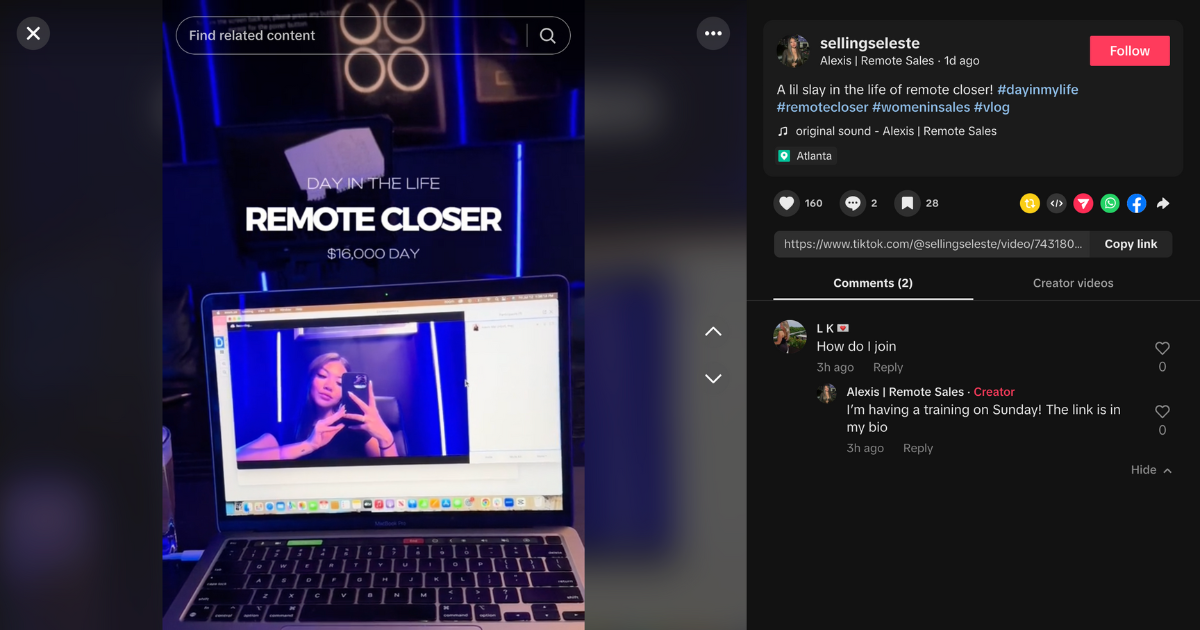
Most of us are familiar with the term high-ticket sales, but you may be wondering, “What exactly is remote closing?”
In the simplest terms, it's selling high-ticket products or services from the comfort of your home – or wherever you happen to be. Remote closers work for a larger creator, company, or business, and connect with potential clients via video calls, guiding them through the sales process and helping them make informed purchasing decisions.
“That’s essentially what I do as a remote closer. Somebody comes to me, they want to buy the course or the program that I’m selling. Again, I didn’t make the product, I found a creator that made it. Then I just sell them the course and I collect a commission.”
For digital nomads, closing high-ticket sales remotely means you can capitalize on more time, location, and financial freedom.
“I am not tied to a desk. I get to be anywhere in the world,” smiles Alexis.
“The other week I was just in Columbia. I just came back! Being able to just pick up and take off whenever I want to – and bring my girlfriends with me because they’re also remote closers – that is the best feeling.
So yes, financial freedom is great, but for me also it’s time freedom and location freedom, and with remote closing, we achieve all three of those.”
Diving into any side hustle can feel daunting, especially if you’re starting from scratch. But for Alexis, the leap into remote closing was less about her background and more about her determination to learn.
“One of the things that I loved about your profile is how you were explaining that you didn’t have any education in this space, or you didn’t have any prior experience,” Keta opens.
“You just one day woke up and decided that this was something that you wanted to do, but how did you train yourself to become someone who is making seven figures now?”
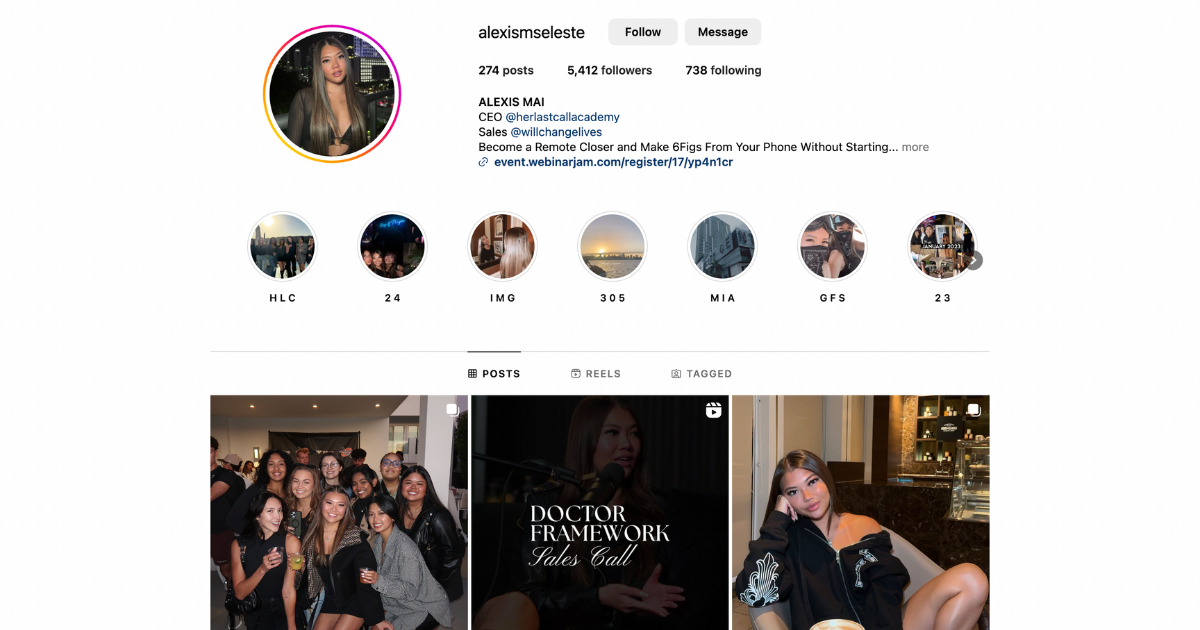
It turns out Alexis had been introduced to remote closing from her network, proving the value in the saying, ‘It isn’t what you know, but who you know’.
“I’m like, dude, your network is your net worth. You hear that all the time and it’s so true. So I knew of a guy who was selling courses, and I asked to intern for him.”
Alexis interned for a while, doing random tasks which she was used to having worked as a real estate VA. It wasn’t until she was asked to close a deal that she started to learn on her feet, and fast.
“Whenever he reached out to me to close for him, I didn’t know anything about the offer. I didn’t know anything about what he was selling. I didn’t have a degree in sales, I didn’t have any college degree, didn’t have any prior sales experience.”
But these things didn’t matter. Alexis had the skills that mattered to make sales: drive, empathy, ambition, problem-solving, and active listening.
“And that’s what is great about right now, being a female right now in this space, because the demand for females in remote closing spaces is huge,” Alexis tells Keta.
“Women have a higher close rate than men. So more and more companies are becoming aware of this and they’re like, dude, we need female closers. So the demand is high. And that’s how I landed my position.”
When it came to her first sales call, she didn’t have to use any hard sales tactics. By simply listening to her prospect’s problems and being his friend, Alexis closed her first-ever deal. For $5000, no less.
“The thing is, as a remote closer, you don’t get hit with a ton of crazy objections just because again, the person booked a call with you. They want to buy whatever it is that you’re selling.”
High-ticket sales vs. low-ticket sales
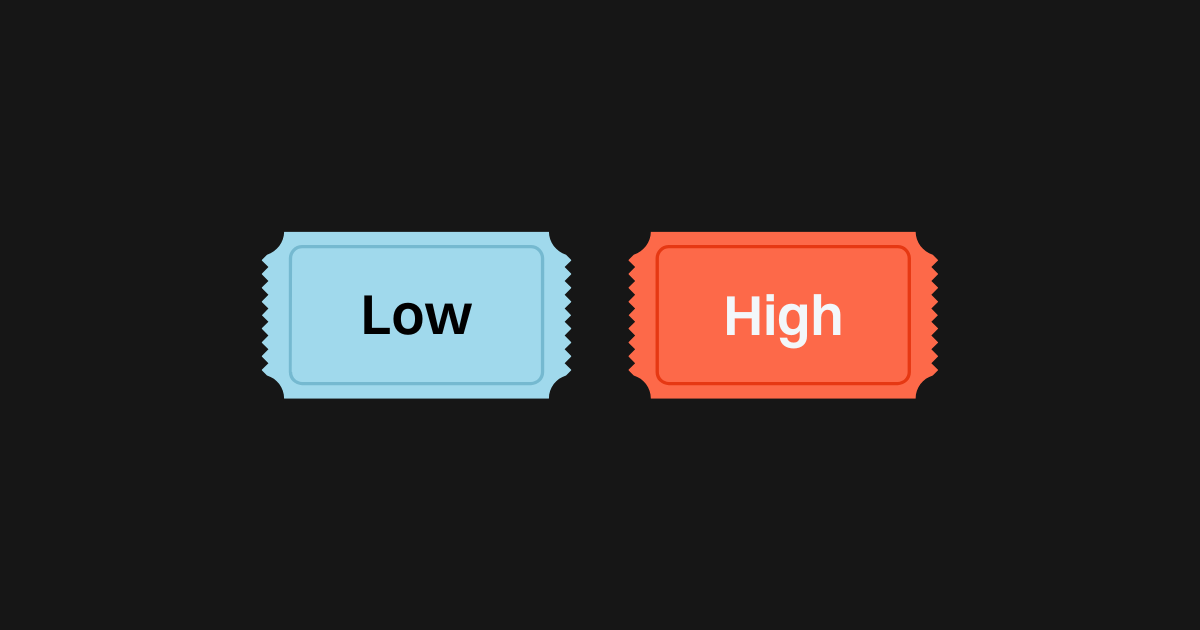
Let’s chat about sales for a second, so we can understand the difference between high-ticket and low-ticket.
High-ticket sales involve selling products or services priced at a premium, often in the thousands of dollars. This requires a different approach than low-ticket sales, which typically involve items priced under $100, are easier to sell, and offer much lower commissions.
With high-ticket sales, you can focus on fewer closes and make more money.
“So all high-ticket sales is just, it’s sales at a high ticket, meaning you’re selling something a little expensive, but I do it all remotely,” Alexis explains. “And all that means is I just sell things online.”
Alexis explains to Keta that she isn’t in product sales, but digital marketing sales. Working for a creator who has already put the work into brand awareness, marketing, and growth allows Alexis to feel confident closing.
“I partnered up with an influencer who already did the hard part. They have a course, they have a mentorship, and they have a coaching program that they’re selling.
They do all the marketing, and because they’re doing a ton of marketing and people already know and trust the creator, they book a call with that creator. But I’m the one that takes the call.”
In contrast, low-ticket sales often focus on volume. You might be able to sell more products at a lower price point, but the earnings sure do add up slowly.
“So even earlier today, I collected $1,700 while at the gym,” Alexis notes.
“My brain is kind of on autopilot now where I just need to collect all the time. And that’s the same mentality that all my girls have too. I told them, making 10K a month, that's the bare minimum in remote closing.”
How to become a remote closer in 5 steps
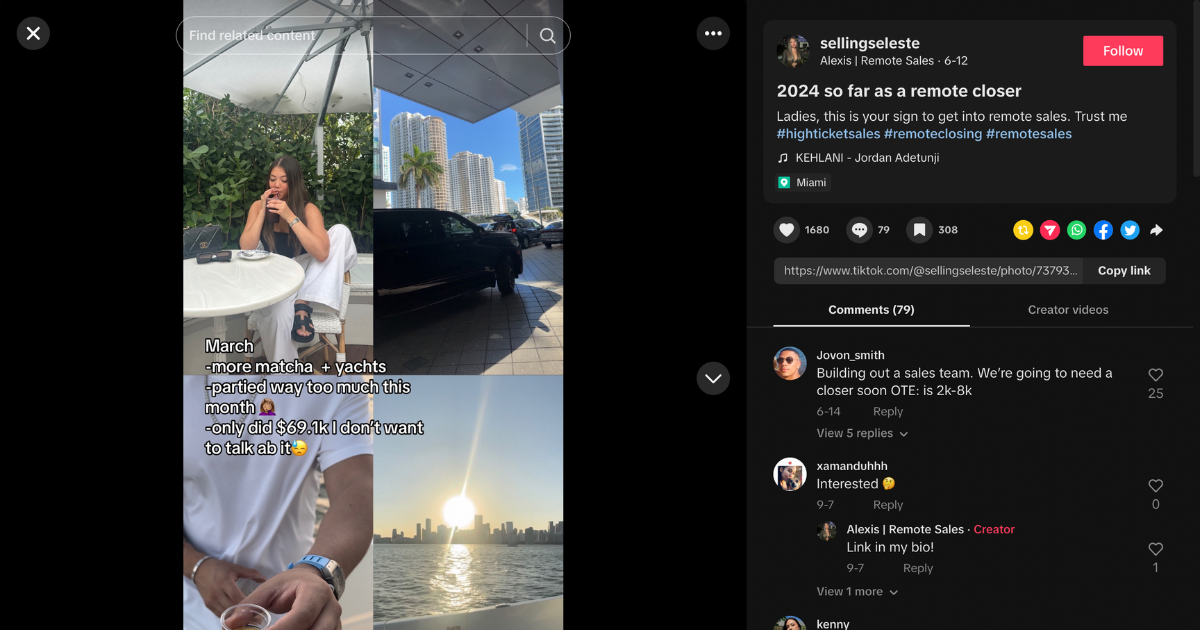
If you’re anything like me, you probably have another tab open with ‘remote closing’ in the search bar as you read this article.
While it isn’t one of the more common side hustles spoken about, it’s certainly one worth considering if you’re good with people and value flexibility.
Plus, those commissions are crazy.
But instead of being led down internet rabbit holes with dodgy information, take it from our girl Alexis instead. She’s not only been in your position, she’s built her empire up from the ground with no experience. So who better to learn from?
According to Alexis, people overthink the process of getting into remote closing or high-ticket sales. The truth is, there’s very little you need aside from the hunger to succeed (okay, and a stable internet connection).
Getting started can be as simple as following these 5 steps:
1. Get set up
First things first, you’re going to need a smartphone (at least) and internet access. While you can take sales calls on a laptop, the truth is, it’s not necessary.
“I was working my nine to five and I was closing at the same time,” Alexis tells Keta. “I was still kind of nervous. I was like, okay, yeah, this is good money, but I don’t know if it’s sustainable.
So I worked my nine-to-five for four more months while I was part-time closing. But what I would do is I would go to the door and stick a blanket under the door and take sales calls in my office so that my boss couldn’t hear me.”
The really important thing to have (we’re talking about making or breaking deals) is a reliable internet connection. Especially when working with overseas clients, you’re going to need an internet connection that can handle video calls at speed, without delays.
2. Have a positive, public presence online
Next, you need to think about how you’re presenting yourself online. Yes, you can indeed land gigs as a remote closer with no experience – but with no personality? Unlikely.
Whether you have 500 followers or 5000, make sure your online presence reflects who you are and gives people a reason to believe you have the skills to sell.
You’re going to use your social media accounts to reach out to creators and pitch yourself, so do a ‘personal brand audit’, and make sure you present as somebody people will trust, hire, and buy from.
3. Reach out to creators
“The third thing you need is something to sell. So this is where a lot of people get tripped up, and there’s this misconception that, oh, it’s so hard to find a client to work with. It’s not.”
Alexis teaches her mentees to be proactive about finding work. It isn’t going to fall into your lap, but there are plenty of creators selling high-ticket offers that need closers. It’s just a matter of reaching out.
“Whenever you’re scrolling on social media, you’re going to come across a random ad, and it’s going to be a freaking guy named Billy,” says Alexis.
“And Billy’s going to be like, ‘Hey, you want to learn how to sell on Amazon?’ Boom. That’s the info creator. That’s the influencer that you’re going to work with.”
You want to look for creators on Instagram, YouTube, and TikTok who actively promote programs, coaching, and other high-ticket offers. The more you interact with, the more the algorithm will keep sending your way.
“I would say that there is a misconception out there that you have to be a good salesperson, you have to be extroverted, you have to have sales experience, you have to be outgoing.
I think those are all misconceptions because it’s not true. Even if you are introverted, because you are introverted, you’re a better listener.”
4. Create video pitches rather than sending cold emails or text DMs
Alexis says a lot of people get tripped up at the next step: outreach. Once you find a creator’s ad, the next step is to create a video pitch and direct message it to them.
Explain why you think you’d be a great fit to close their sales, why you resonate with their product, and why you’re likable.
“You don’t need to share your sales experience in that video. You just need to show that you are likable. You need to just show that you’re somebody who has drive.”
“I would take my phone and be like, “Hey, Billy, I’ve been seeing what you’re doing with your community. I love it. You are crushing it. I know for a fact that I would be able to help your company generate 10 times more revenue. I would love a chance to speak with you. Here is my calendar so that we can discuss semantics on how I can help your company generate more revenue.”
It might take you a few takes to get the right one, and it might be scary pressing send, but what’s to lose?
As with anything, confidence comes with experience. Sending pitches may feel awkward and clunky the first few times, but with practice, it becomes second nature.
Alexis also highlights the importance of sending video pitches. These creators receive hundreds of DMs daily, so a video has a much higher likelihood of being opened.
“So now you got their attention and you’re telling them you can make more money. They’re going to give you the time of day!”
One thing Alexis is sure to teach the girls in her community is that potential clients don’t care about degrees, sales experience, or achievements.
“All they are looking for in that video is your ambition,” she says.
5. Get onboarded and start closing sales remotely
“After you land your client, now you have something to sell because you’re going to be selling Billy’s Amazon offer,” says Alexis.
And this is where the fun begins. Once you get onboarded into a sales team, you can take your first calls, and start remotely closing deals.
Remote closers can pick their hours, work from wherever they want, and exchange less of their time for more money. The dream.
“I have literally taken calls on a cruise ship before in the middle of the ocean,” laughs Alexis.
Say less, girl.
The art of the sales call
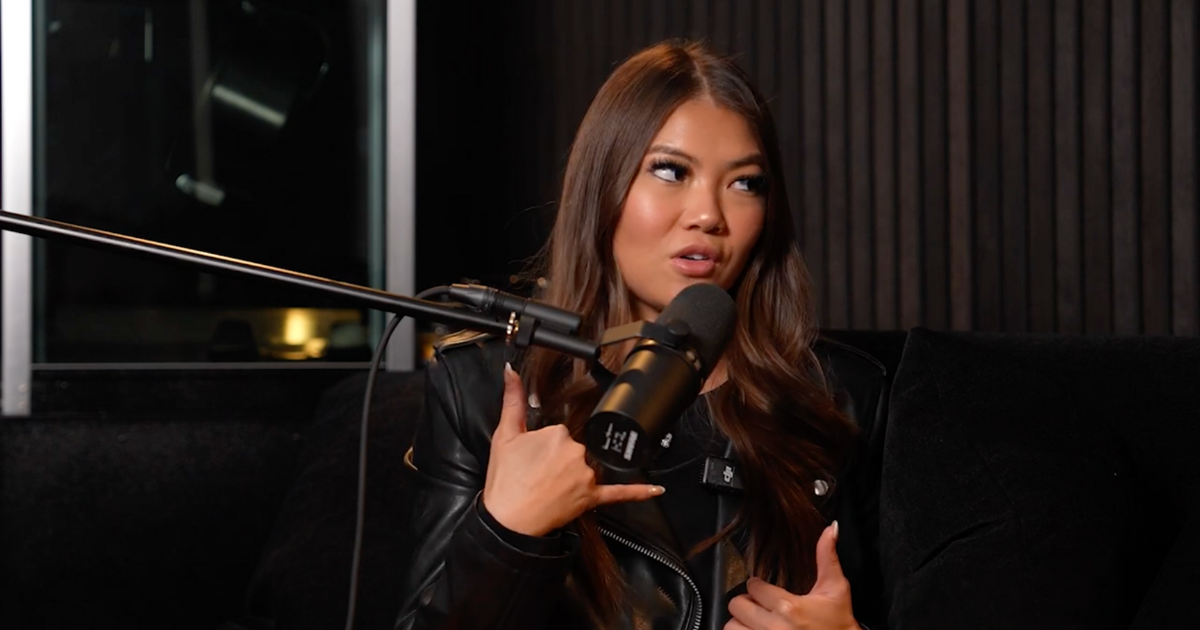
Okay, so. We’ve learned about high-ticket vs. low-ticket sales. And we’ve discovered how all of us can get started, with no experience.
But what about that first sales call? How do you overcome your nerves? What do you… well… say?
The truth is, that selling is an art. Whether you’re working in a car dealership or remotely from a tropical beach, everyone in sales has their own way of closing deals.
Alexis teaches her mentees what she calls the ‘doctor framework’.
“So I have something that I call the doctor framework and this doctor framework, and it made me my first million within six months in sales. No sales experience.”
Alexis asks Keta where she goes when she’s not feeling good.
“The bar?”
“When you’re sick?” Alexis laughs.
“Oh! I thought you were asking when I was in a bad mood, I would go get a drink,” Keta giggles. “Okay. When I’m sick. To the doctor.”
Alexis explains that she approaches her sales calls with the same energy as a doctor with a patient.
“You tell them about what’s hurting you, what’s bothering you. And it’s because they’re the professionals. You trust their advice. You tell them my stomach hurts, my head hurts, whatever,” Alexis says.
“They’re going to keep on asking you questions about your problem. And then after they’ve gathered enough information about your problem, they will prescribe you the antidote. And then you go and you buy that antidote and you take it. No questions asked, right?”
Well, that’s actually not so different from how a sales call operates.
You’re identifying why the prospect had an interest in the digital product in the first place. You’re getting to the bottom of their pain points, and you’re ready to prescribe the solution.
“That’s exactly how a sales call works. So the sales calls that I do, I break up into five sections. I do the intro, I do questions, I do pain points, and then provide the antidote, and close the deal.”
It’s worth noting that no two prospects are ever coming from the same place, and understanding what made somebody interested in the product in the first place goes a long way to closing the deal on a personal level.
“They’re telling me they want to be remote because of constantly missing their daughter’s softball practices. They’ll tell me all their reasons why they need what I’m selling,” says Alexis.
“I take all of that, and then I prescribe the antidote. I’m like, look, I can help you. This is what you need. I break down the features and benefits of the product that I’m selling for the client, and then they give me their card information.”
What about objections?
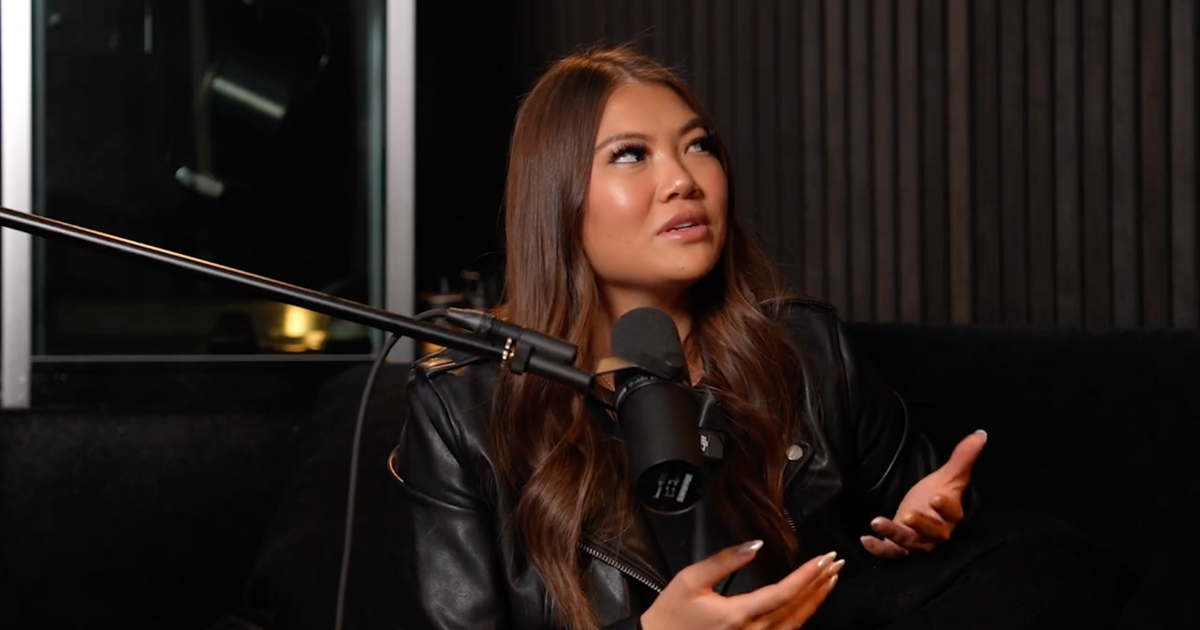
Rejection is scary. In love, for sure, but potentially even more in business.
One of the major perks of remote closing is that you’re not cold-calling and hoping for interest – you’re speaking with prospects who have already expressed a genuine interest in what you’re selling, you just need to persuade them over the line.
However, objections can still occur, and knowing how to circumnavigate them is crucial to closing.
“So the two common objections that you will get as a remote closer is the price, and the ‘Can I think about it?’, or the stalling objection,” explains Alexis.
She goes on to say that it’s not uncommon for prospects to be overwhelmed by the upfront costs of a purchase and that there are ways around this – such as negotiating payment plans.
“I’ll customize a payment plan to whatever it is that you can afford at that very moment. I’ll collect that and then I’ll sign you to a $10,000 offer contract. Now, that’s one way to come across or to overcome the price objection. You just cater to that person.”
For the other kind of objection, the ‘stallers’ as Alexis calls them, it’s more about reminding them why they booked the call in the first place.
“I bring it back to their pain point. I’m like, look, you told me you’ve been dealing with this for two years now. What else do you feel like you have to think about?”
Selling is a persuasion, and Alexis is damn good at it. She points out that ‘mulling something over’ is often an excuse to buy us more time and stop us from taking necessary action towards our goals.
“So as your advisor, again, I really can’t help you unless you’re honest with me. And then that’s when they’ll drop the real objection. And then it might be the price. They need to think about their budget. Okay, cool. Let me walk you through your budget. And then you find a way to collect.”
“She’s hypnotizing people!” exclaims Keta, “Even though we only had this one conversation, now, all I have been thinking about is like, I want to be friends with her. I want to spend be in her community, and I want to go on trips with her!”
And honestly, same. Watching Alexis explain sales breaks it down into child’s play, and makes it seem a whole lot less daunting, and a whole lot more attainable.
Why Alexis decided to start mentoring others
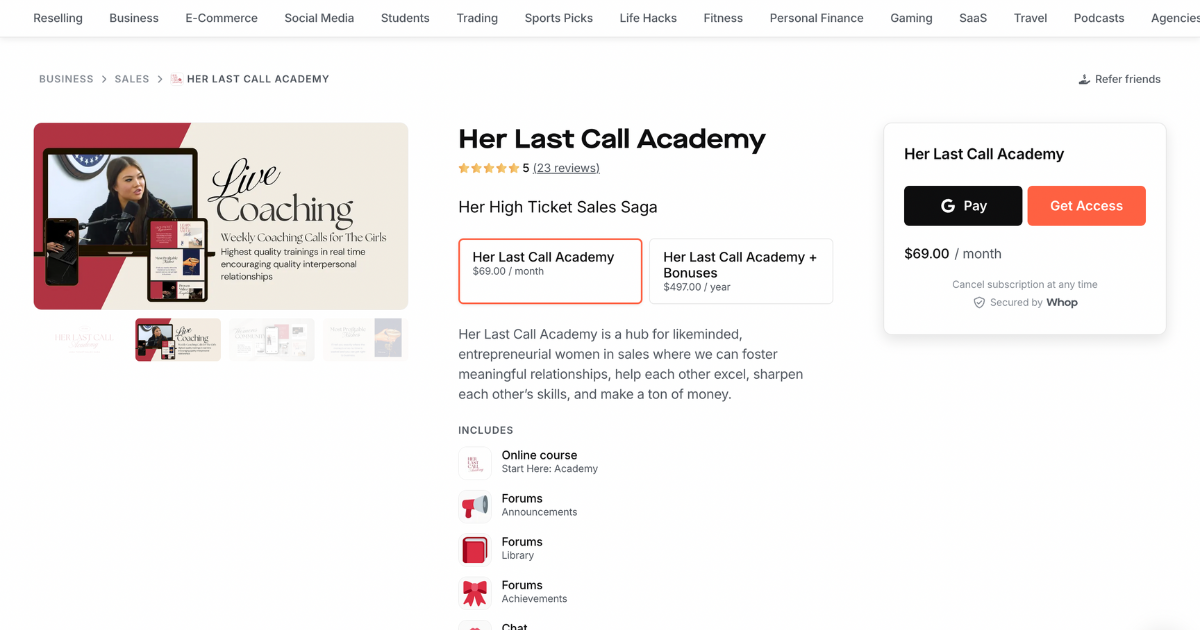
When Alexis launched her community here on Whop, she made over $100K in less than 30 days. That’s no small feat.
The thing is, Alexis had already been consistently coaching others in remote closing and high-ticket sales – she was just doing it for free.
“I launched my community 30 days ago and before that, I was kind of just like you said, documenting my life, but I didn't have any other substance behind just, oh, day in my life, remote closer, this is what I do.
But I had that imposter syndrome. I was like, I’m not qualified to teach anybody what I do.”
This imposter syndrome is something many creators battle with, especially when it comes to creating info products, educational content, and paid coaching. Thankfully, Alexis had a mentor who could see the value of the work she was doing and asked her why she was mentoring others for free.
“My mentor was telling me, Alexis, you are posting all this content. You’re not driving anybody to anything. You are robbing girls right now because the demand, as I told you before, is super high for girls. And he had to break my limiting beliefs.”
Alexis started with live training and masterclasses and used TikTok and Instagram Live to funnel people into her free workshop.
“On that free workshop, I honestly, I give out a ton of game,” says Alexis.
“I’ve had girls just attend that workshop that couldn’t afford my mentorship, and they were like ‘Girl, we landed clients, we closed deals.’”
For her first webinar, Alexis cleared $30,000, all organic. From there, she rinsed and repeated her strategy.
“I just kept on doing the same thing, posting, going live. And then within 30 days, we did over a hundred thousand dollars in revenue.”
Her Last Call Academy
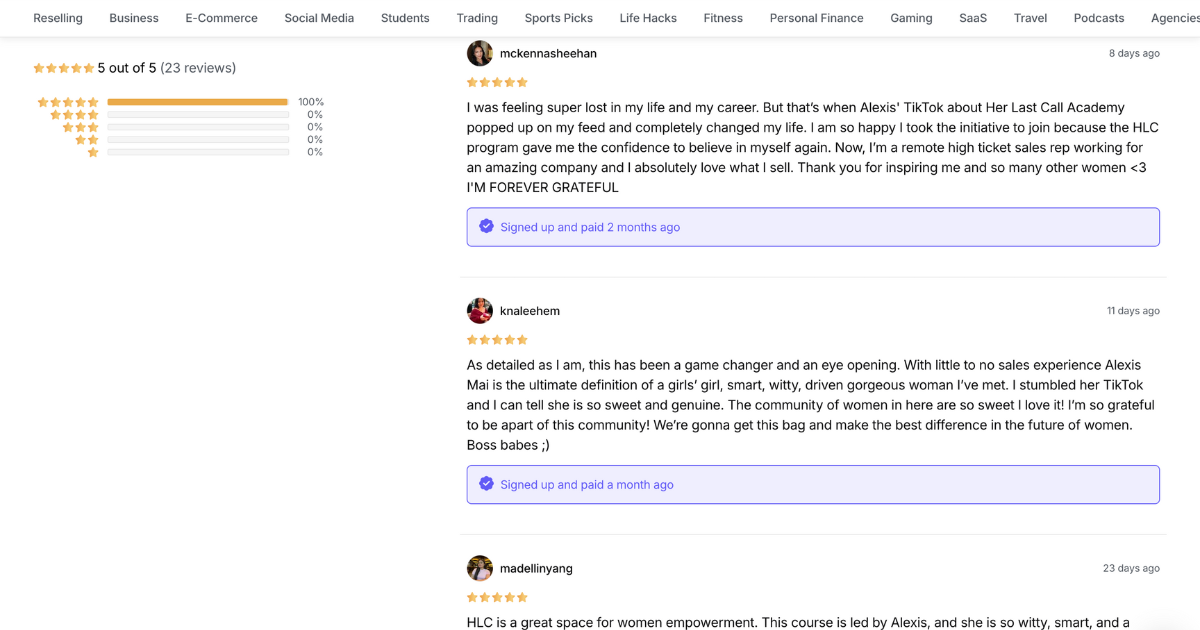
Her Last Call doesn’t just offer courses and live training – it’s a sisterhood for like-minded women in high-ticket sales. An environment that fosters encouragement, collaboration, and support.
While Alexis is a powerhouse mentor, she makes it clear that she isn’t giving up closing anytime soon to coach full-time.
“Me, I’m actually a closer. I still actively close deals. I make more money closing. So my next step is making sure all the girls in my community are eating too.”
And I think that’s what makes her offering so appealing – you know you’re being trained by somebody who’s still in the business because they love it, and see real success from it.
“I want to focus on these girls and them getting results. There are so many courses out there where it’s a cash grab. It’s just a course.”
The way Alexis talks about her mentees is inspiring. She doesn’t refer to them as mentees at all:
“I call them my sisters. I love my sisters. Again, like I said, you do attract your tribe. I love doing our trainings and whatnot just because I can be myself, and they eat it up. They love it. So I am close to them.”
Ready to become a remote closer?
Three of the biggest reasons people become online entrepreneurs? Financial, time, and location freedom. AKA, the trifecta. With remote closing, you can achieve all 3.
Now that you know sales experience and formal education aren’t barriers to entry, you’re in the right place.
You can join Alexis and her community of like-minded women at Her Last Call Academy today, and start gaining the knowledge and support needed to thrive in high-ticket sales.
“In our Whop channel, in the achievements tab, these girls, I’ve worked with them for 30 days and we have over 45% of the girls already landing clients closing deals with no prior sales experience.”
It’s clear from her reviews that Alexis knows her stuff, and her students are seeing success in their sales calls, rapidly. Alexis recalls one of her first girls to land a client, at the age of 19:
“I have a girl, her name is Olivia, and she is 19 years old. She lives here in New York and she was working, she has a single mom as well, and she told me, she was like, I came across your TikTok one day and I felt like God answered my prayers.
And Olivia was one of the first girls to land a client. She works with Huncho, I don’t know if you know Huncho and Jesse. She closed her second sales call for $6,000 paid in full. She took that info at 19 and she ripped it, no prior sales experience.”
So what are you waiting for? With nothing to lose, no barriers to entry, and everything to gain; remote closing could be your chance to escape the rat race and achieve financial freedom faster.
Join Alexis’ community today to learn everything you need to know to start closing high-ticket sales remotely. Or, check out the Whop marketplace for even more money-making ideas.
